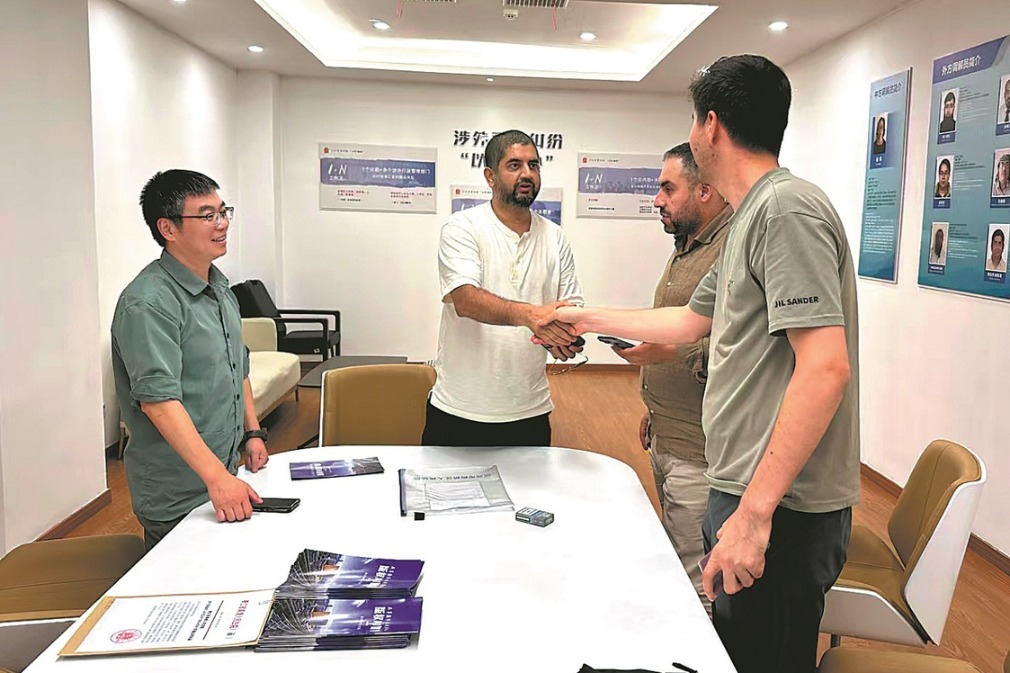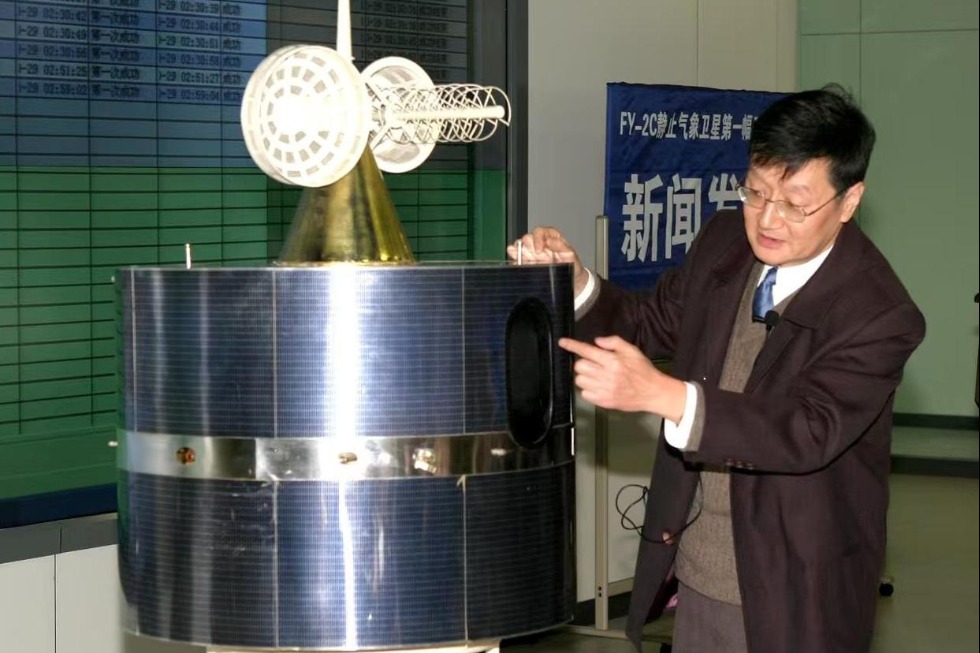Guangdong to upgrade its educational resources

Guangdong province is ramping up efforts to upgrade its educational resources in a strategic push to support the development of integrated circuits, artificial intelligence, robotics and other innovative technologies — fortifying its position as one of China's three major integrated circuit industry hubs.
Wu Yanling, an inspector with the provincial education department, said Guangdong will continue optimizing the structure of higher education and increase the supply of science and technology talent to meet these goals.
Several new high-level, research-oriented universities have been established in recent years, including the Hong Kong University of Science and Technology (Guangzhou), the Shenzhen University of Advanced Technology, the City University of Hong Kong (Dongguan) and Great Bay University. The province has also added undergraduate vocational universities and colleges, including Shenzhen Polytechnic University and Guangdong Industry Polytechnic University. The total number of universities and colleges in the province now stands at 166.
As a global center for scientific and technological innovation, Guangdong is actively attracting foreign universities with strengths in science and engineering. Notable examples include Shenzhen MSUBIT University and the Guangdong Technion - Israel Institute of Technology, both established in 2016, which have already yielded educational outcomes.
Wu said eight of the province's universities — including the prestigious Sun Yat-sen University — have taken the lead nationally in building a provincial industry-education collaborative innovation platform for the integrated circuit sector. The number of undergraduate majors in the field has risen to 23, up from seven in 2022.
"Guangdong now has more than 10,000 undergraduate, master's and doctoral students majoring in integrated circuits and related fields," Wu said, noting that the number has quadrupled since 2022.
The province is also accelerating the cultivation of AI talent. Future learning centers have been launched at six universities, including the South China University of Technology. In addition, 348 modern industrial colleges have been established across 51 universities, training more than 214,000 students in recent years.
To support economic development and improve the quality of growth, universities and colleges have introduced more than 400 new majors, covering robotics, AI, integrated circuits, low-altitude technology, engineering and high-end equipment manufacturing.
Zhuang Lecong, an inspector with the provincial industry and information technology department, said the province has introduced development policies and action plans for "Artificial Intelligence Plus" and biopharmaceuticals to foster future industries and drive innovation in AI and robotics.
A special task force has been created to steer the innovative development of the AI and robotics sectors, Zhuang said, adding that nine industrial clusters — each valued at over 1 trillion yuan ($139 billion) — have been established in the province. These clusters have become important engines for advancing Guangdong's integrated circuit, AI and robotics industries.
Yang Boru, a professor at the School of Electronics and Information Technology at Sun Yat-sen University, praised Guangdong's AI talent development efforts. He said the rapid growth of the AI industry has generated surging demand for skilled workers, and that not only AI-focused colleges but also other major institutions must incorporate AI-related content into their curricula.
"The core of AI lies in scenarios, computing power and algorithms," Yang said. "Although Guangdong already has a foundation in computing power and algorithms, it should further strengthen real-world applications. That would help build a solid industrial base, elevate the economy toward intelligence and boost global competitiveness."
Yang Ming, chief technology officer of Guangzhou Shiyuan Electronic Technology, said his company has invested more than 8.5 billion yuan in research and development as of the end of April. Several of its research achievements now rank among the top in the industry.
He said the company, which specializes in interactive displays and AI, has filed more than 15,000 patent applications, with 11,000 already granted.





































